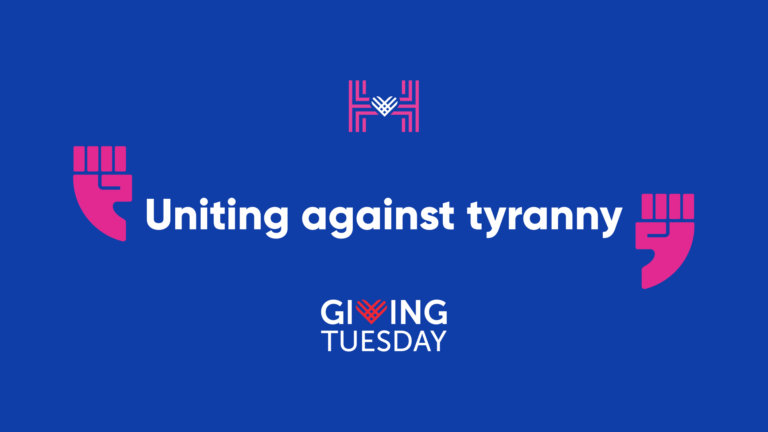Human Rights Foundation Freedom Fellow Pema Doma is a Tibetan human rights and climate campaigner who was a key organizer in #NoBeijing2022, a global campaign against China’s hosting of the Winter Olympic Games. She has trained thousands of youth activists in community organizing and serves as the executive director for Students for a Free Tibet, a global grassroots network working for Tibetan rights.
Doma is currently part of the HRF’s Freedom Fellowship, a one-year program that provides hands-on, expert mentorship across seven critical areas: leadership, movement-building, organizing, fundraising, media, mental health, and digital security.
HRF sat down with Doma to learn more about China’s expanding surveillance state and her efforts to raise awareness about the Chinese Communist Party (CCP)’s tactics of biometric repression.







